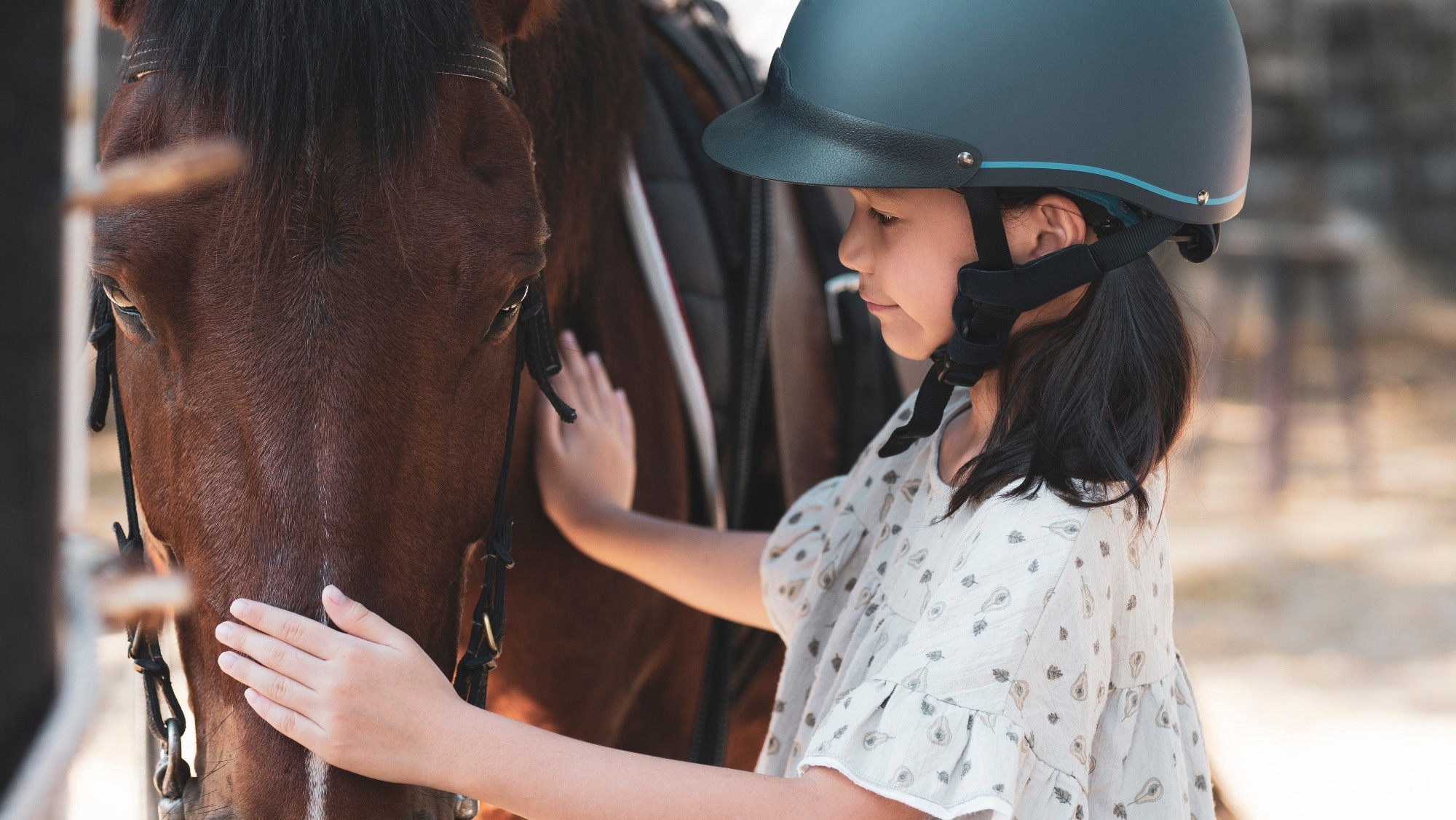In a recent study published in JAMA Network Open, researchers evaluate the health-related outcomes of nature-based interventions (NBIs) in children with autism spectrum disorder (ASD).
Study: Nature-Based Interventions for Autistic Children: A Systematic Review and Meta-Analysis. Image Credit: Mama Belle and the kids / Shutterstock.com
Background
ASD presents diverse challenges that are often addressed through varied interventions. Recent interest has grown in NBIs, which involve structured nature-based experiences, as they can potentially improve the health and well-being of children with ASD. In fact, the World Health Organization (WHO) emphasizes the importance of environmental factors in ASD interventions.
Despite the potential of NBIs to address health and functional outcome gaps, particularly in the subjective well-being of children with ASD, there is limited evidence guiding their use. This necessitates a better understanding of the efficacy, optimal design, and delivery of NBIs in various natural environments.
About the study
The present study adhered to the Preferred Reporting Items for Systematic Reviews and Meta-analyses (PRISMA) reporting guidelines and was registered in the International Prospective Register of Systematic Reviews (PROSPERO) database.
Eligibility criteria for the analysis included experimental and controlled trials that reported health-related outcomes for children with ASD in natural outdoor settings. The comprehensive literature search was conducted across ten major English electronic bibliographic databases including Cumulative Index to Nursing and Allied Health Literature, Cochrane, and Embase from their inception to May 2023.
Google Scholar and references from identified articles were also manually searched for potential studies. Titles, abstracts, and full texts were screened independently by two reviewers, with a third reviewer consulted in cases of disagreement.
The methodological quality of the studies was rigorously assessed using the Cochrane Risk-of-Bias tool for Randomized Trials and Risk of Bias in Non-randomized Studies of Interventions. Studies meeting the criteria were subjected to a random-effects meta-analysis to synthesize data, with heterogeneity quantified using the I2 statistic.
This thorough methodological approach ensured a comprehensive and unbiased review of the available evidence on NBIs for children with ASD, thereby providing a strong foundation for reliable and valid conclusions obtained from the study.
Study results
The analysis included 24 studies involving 717 participants, with a mean age between 5.3 and 17.8 years. These studies were diverse in their geographical origins and intervention types, ranging from equine-assisted activities to outdoor music and art therapy.
In terms of social functioning outcomes, the meta-analysis revealed significant associations in several areas. There was a moderate negative association between NBIs and social communication, thus suggesting an improvement in this area among participants.
NBIs were also associated with reductions in autistic mannerisms, improvements in social cognition, social motivation, and social awareness. These findings reflect the potential of NBIs to enhance various aspects of social functioning in children with ASD.
NBIs were associated with a moderate reduction in hyperactivity and small to moderate decrease in irritability. Thus, these interventions could be effective in managing some of the challenging behaviors associated with ASD.
The analysis also highlighted significant improvements in sensory functioning, particularly in attention and distractibility, sensory seeking, and sensory sensitivity. These results are particularly notable, as they suggest that NBIs can play a crucial role in addressing sensory processing issues commonly experienced by children with ASD.
However, the study did not report a significant association between NBIs and improvements in speech and language. Thus, although NBIs may benefit certain aspects of ASD, they might not impact all areas of development.
While there were positive associations noted in certain subdomains of quality of life (QOL), the evidence was limited. Moreover, no significant associations were observed between equine-assisted interventions and the level of disability.
NBIs, particularly in the form of group-based recreational therapy with experiential learning, were associated with positive short-term outcomes in sensory, social, and behavioral functioning among children with ASD.
Conclusions
The current study identified favorable associations of NBIs with improvements in sensory, social, and behavioral functioning, but not in emotional functioning, in ASD patients, thus suggesting NBIs as an effective alternative to traditional settings. These findings reflect the need for a holistic approach to intervention assessment, in which neurodiversity and the unique experiences of individuals with ASD are carefully considered.
Journal reference:
- Fan, M. S. N., Li, W. H. C., Ho, L. L. K., et al. (2023). Nature-Based Interventions for Autistic Children: A Systematic Review and Meta-Analysis. JAMA Network Open. doi:10.1001/jamanetworkopen.2023.46715
